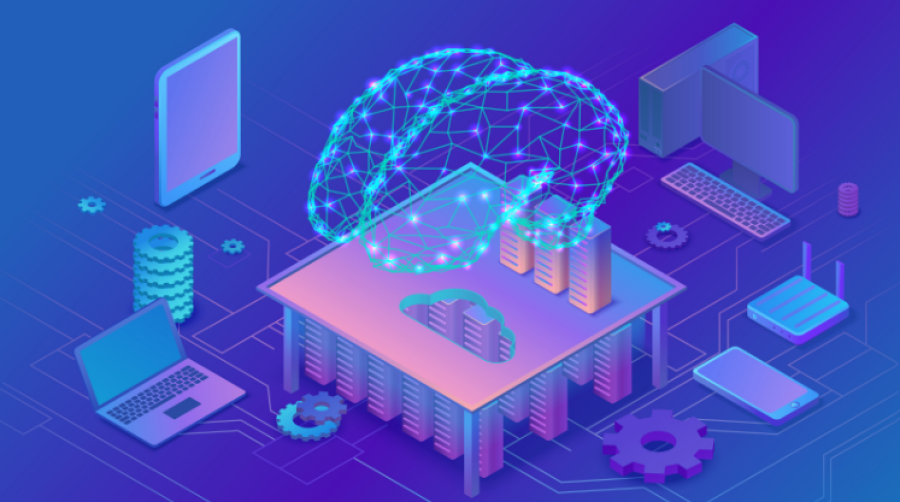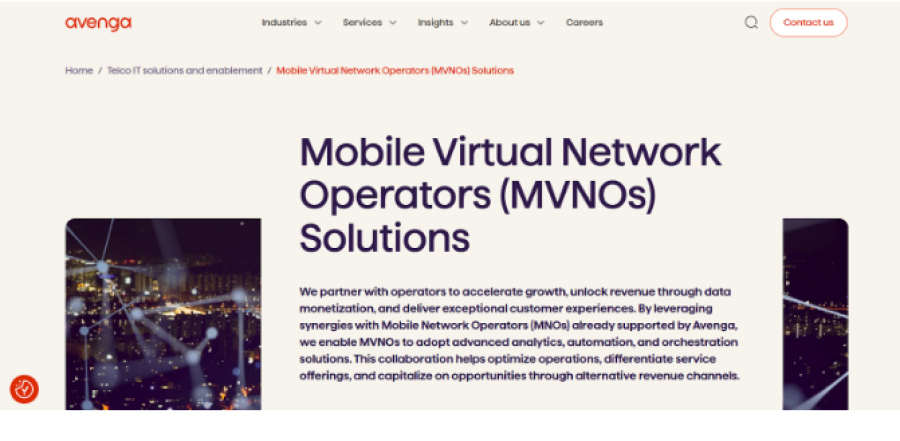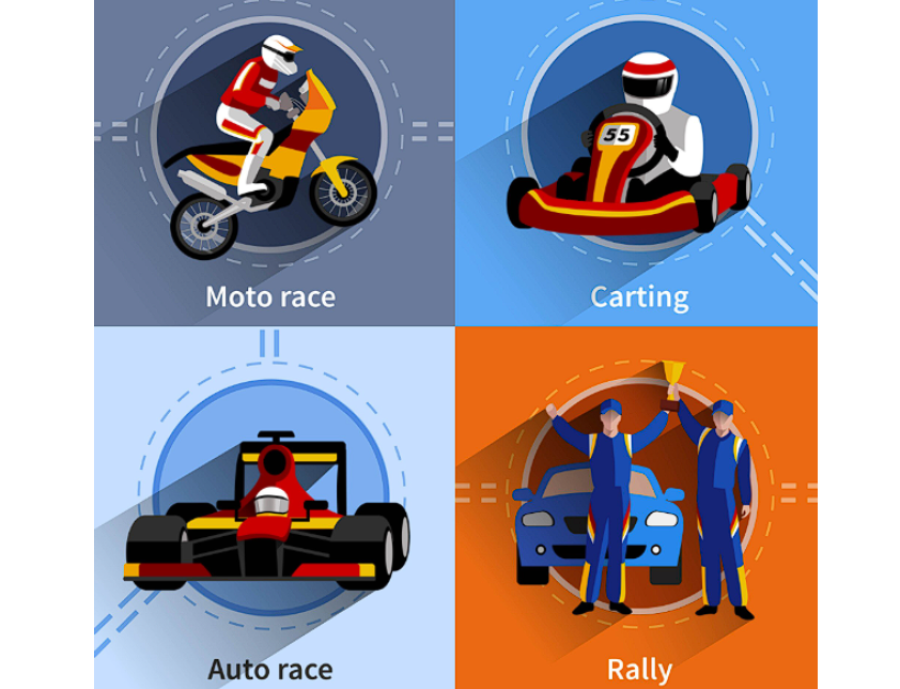Artificial Intelligence (AI) is no longer just a buzzword or a concept confined to the realms of science fiction. Today, it stands at the forefront of technological innovation, fundamentally transforming how businesses operate, how services are delivered, and how we interact with the world around us. With rapid advancements in machine learning, natural language processing, computer vision, and robotics, AI is enabling machines to perform complex tasks that once required human intelligence. This shift is not only enhancing productivity and efficiency but also opening doors to entirely new industries and business models.
From revolutionizing patient care in healthcare to optimizing supply chains in manufacturing, and from personalizing customer experiences in retail to enabling autonomous vehicles in transportation, AI’s influence spans across nearly every sector. As AI continues to evolve, its potential to disrupt traditional industries and create new opportunities grows exponentially.
However, with these exciting developments come important challenges and ethical questions, ranging from data privacy concerns to workforce transformations. Understanding the breadth and depth of AI’s impact is crucial for businesses, policymakers, and individuals alike.
The Current State of AI
Artificial Intelligence has made remarkable strides in recent years, moving from theoretical research to practical, everyday applications. Today, AI technologies such as machine learning, deep learning, natural language processing (NLP), and computer vision are widely used across various fields. These technologies enable machines to analyze vast amounts of data, recognize patterns, understand human language, and even make autonomous decisions with increasing accuracy.
For example, AI-powered chatbots are now common in customer service, providing instant responses and support around the clock. Voice assistants like Siri and Alexa rely on NLP to understand and execute user commands. In finance, AI algorithms detect fraudulent transactions in real-time, while in healthcare, AI systems assist doctors in diagnosing diseases and recommending treatments based on medical imaging and patient data.
The accessibility of AI has also been enhanced by the growing availability of user-friendly apps and platforms. Mobile applications that integrate AI functionalities are becoming essential tools for many users. For instance, sports betting enthusiasts often rely on specialized mobile apps for quick and efficient access to betting markets, live updates, and personalized recommendations. The 1xbet app apk is a popular example, combining AI-driven features with user convenience to provide a seamless betting experience on mobile devices.
As AI continues to evolve, it’s increasingly embedded into everyday tools and services, making it an indispensable part of modern life. This growing integration paves the way for deeper transformation across industries, driving innovation and improving user experiences globally.
AI in Key Industries
Artificial Intelligence is driving innovation across nearly every major industry, transforming traditional operations and opening up new possibilities for growth, efficiency, and customer engagement. Here’s how AI is reshaping some of the world’s most important sectors:
1. Healthcare
AI is revolutionizing healthcare through faster diagnostics, personalized treatment plans, and predictive analytics. Algorithms can analyze medical images with high accuracy, assist in detecting diseases such as cancer in early stages, and support doctors in making data-driven decisions. AI-powered virtual health assistants also help patients manage chronic conditions and medications.
2. Finance
In the financial sector, AI enhances fraud detection, automates trading strategies, and improves customer service. AI algorithms monitor transactions in real-time, flagging suspicious activities almost instantly. Additionally, robo-advisors are now helping users manage investments based on their personal goals and risk profiles.
3. Retail and E-commerce
Retailers use AI to personalize shopping experiences, optimize pricing, and manage inventory more effectively. Recommendation engines, powered by machine learning, suggest products based on user behavior, increasing sales and customer satisfaction. Chatbots handle customer queries efficiently, reducing the need for human support.
4. Manufacturing
AI-driven automation is streamlining manufacturing processes through predictive maintenance, quality control, and robotics. Sensors and AI systems monitor equipment performance and predict potential failures, helping companies minimize downtime and reduce costs.
5. Transportation and Logistics
Self-driving technology and route optimization algorithms are transforming transportation and logistics. AI helps delivery services reduce fuel consumption and improve delivery times by analyzing traffic patterns and weather conditions.
6. Entertainment and Mobile Applications
AI is also enhancing user experience in the entertainment and mobile app sectors. Streaming platforms use AI to suggest content based on viewing history, while gaming and betting platforms apply AI for real-time data analysis and personalized interfaces. For example, the 1xbet ios app integrates AI to provide customized betting suggestions, quick updates, and smoother navigation for Apple users, making the user experience more dynamic and tailored.
From diagnosing illness to recommending your next online purchase or game, AI is becoming the engine that powers innovation across industries. As these technologies advance, their influence will only deepen, changing how we live, work, and interact with the digital world.
Emerging Trends and Technologies in AI
As Artificial Intelligence continues to evolve, it is giving rise to groundbreaking trends and technologies that are shaping the future of innovation. These developments are not only enhancing the capabilities of AI systems but also expanding their applications across new and existing domains. Here are some of the most important emerging trends and technologies in the AI landscape:
1. Generative AI
One of the most talked-about trends, generative AI enables machines to create new content—from images and videos to text and music. Tools like ChatGPT and DALL·E are examples of how generative models can produce human-like text conversation or stunning visual art. In business, this technology is used to automate content creation, simulate product designs, and even generate synthetic data for training other AI systems.
2. Explainable AI (XAI)
As AI becomes more integrated into critical decision-making processes, the demand for transparency grows. Explainable AI focuses on making AI systems more understandable and accountable by allowing users to see how decisions are made. This is especially important in sectors like healthcare and finance, where trust and clarity are essential.
3. Edge AI
Edge AI involves processing data locally on hardware devices—such as smartphones, cameras, or IoT sensors—rather than sending it to the cloud. This reduces latency, improves privacy, and enables real-time decision-making. Edge AI is vital for applications like autonomous vehicles, smart home devices, and industrial automation.
4. AI and the Internet of Things (AIoT)
Combining AI with IoT is unlocking new capabilities across smart environments. AIoT systems can analyze data from connected devices to optimize energy usage, monitor equipment health, and enhance security. In smart cities, this integration helps manage traffic flow, waste management, and emergency services more efficiently.
5. Reinforcement Learning
This advanced branch of machine learning enables AI systems to learn through trial and error by interacting with their environment. Reinforcement learning has made significant strides in areas like robotics, autonomous driving, and gaming, where adaptive decision-making is crucial.
6. AI in Cybersecurity
As cyber threats become more sophisticated, AI is being used to detect and respond to attacks in real time. Machine learning models can identify unusual behavior, predict potential threats, and automate security protocols to defend against breaches.
7. Ethical AI and Responsible Development
With AI’s growing power comes the responsibility to use it ethically. Emerging frameworks focus on reducing algorithmic bias, protecting user data, and ensuring that AI systems are aligned with human values. Companies and governments are investing more in ethical guidelines and governance models to ensure AI serves the public good.
These emerging trends highlight AI’s dynamic and fast-paced nature. As new technologies and innovations continue to surface, staying informed and adaptable is key to leveraging AI’s full potential—responsibly and effectively.









